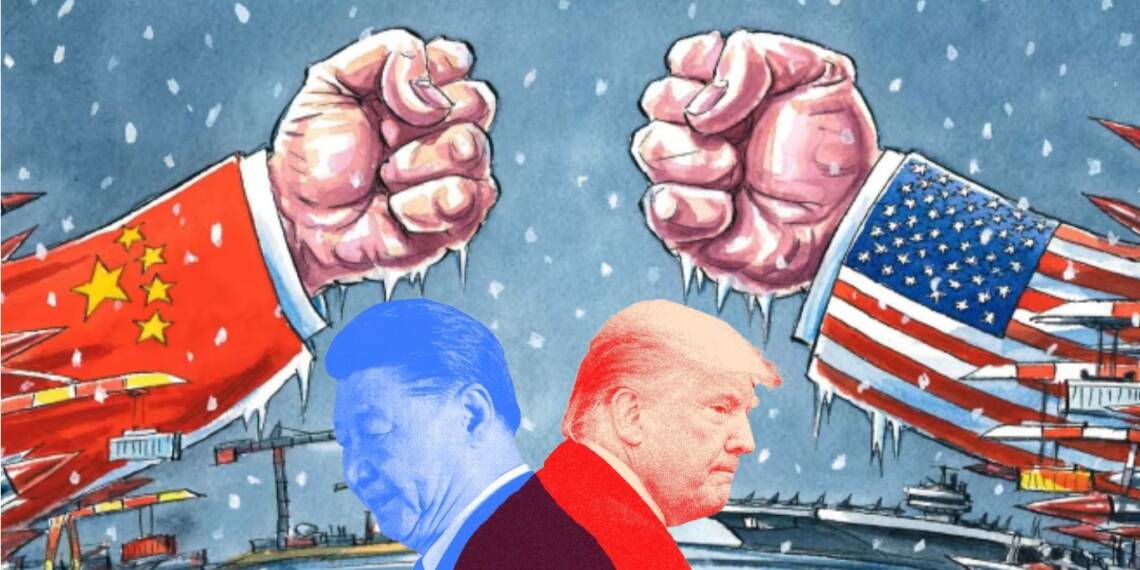China has lowered a key interest rate and reduced how much of money banks must keep in reserve. These moves are part of a broader effort to support its economy, which is being affected by a new round of trade tensions with the US.
The People’s Bank of China (PBOC) reduced the seven-day reverse repurchase rate from 1.5% to 1.4%. It also announced that banks would soon be required to hold less cash in reserve, freeing up about 1 trillion yuan (roughly $139 billion) for lending. These changes aim to make borrowing cheaper and easier.
These announcements came just before upcoming trade talks with US officials, the first since former President Donald Trump imposed a 145% tariff on many Chinese goods. China hopes the talks will help ease tensions.
PBOC Governor Pan Gongsheng and other top financial officials said the goal is to inject more money into the economy and encourage banks to lend more, especially to sectors like technology, elderly care, and consumer goods. They also want to support the property market and small businesses.
This shows a shift in policy. Until recently, China focused on defending its currency and stopping market speculation. Now, it’s moving toward boosting growth.
Experts say these steps show China is preparing not just to keep its economy stable, but also to respond if trade tensions with the US get worse. China’s leaders are aiming for about 5% economic growth this year, but without strong action, growth might slow in the coming months. The action looks to boost Chinese growth amid trade tension with the US.
Trade officials from both the US and China will meet in Switzerland soon to begin talks. Timing these economic measures right before the talks helps China avoid looking like it’s reacting to US pressure. Notably, both nations are in a geo-economical war, where both nations have increased tariffs upon each other’s.








